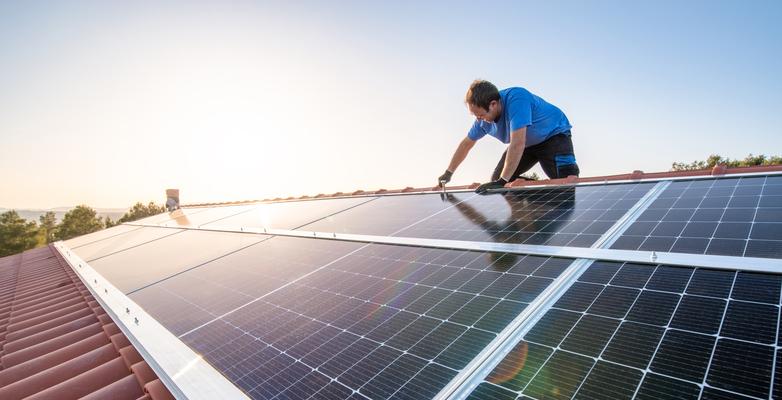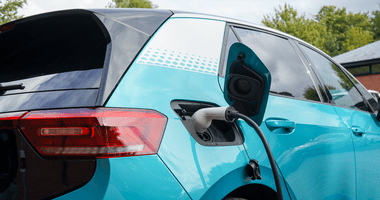
Generate Your Own Power with Solar
Maybe it's been on your mind for a while now. Maybe you've seen homes in your neighborhood adding solar panels and wondered if it was right for you. Maybe you've gone through one too many power outages and want to be able to keep your lights on in the next big storm. Maybe you just like the idea of generating your own electricity at home.
Whatever the reason, now, because of federal laws like the Inflation Reduction Act, there’s never been a better time to go all in on solar energy.
Choosing solar can not only give you more control of your energy, but also help cut climate-changing carbon pollution in a big way.
Learn More
Learn how choosing clean energy and electric alternatives to fossil fuels in our homes and vehicles can help you cut climate-changing carbon pollution in a big way from UC Santa Barbara Professor Leah Stokes, one of the authors of the Inflation Reduction Act.
Learn how you can use IRA incentives to save money on a new solar system and start generating electricity right at home.
Summary of IRA Tax Credits for Households
All the most popular IRA tax credits for households to help you bring clean energy home. All in one place.
See Your Potential Savings
Which incentives could you qualify for? Our friends at Rewiring America have a calculator to help you find out.
Next Steps
If you think you are ready to take the next step and begin your solar journey, Energy Sage is a great place to start seeking out quotes and learning more about solar installation.
Further Reading
The Solar Energy Industries Association has a quick-but-thorough overview of some key solar provisions in the IRA.
The Department of Energy breaks down how laws like the Inflation Reduction Act and Bipartisan Infrastructure Law will lower energy costs for working families, including through the deployment of incentives for solar energy.
The Washington Post has an interactive look at how these same laws are making homes more energy efficient through tax breaks on solar, EVs, heat pumps, and more.




